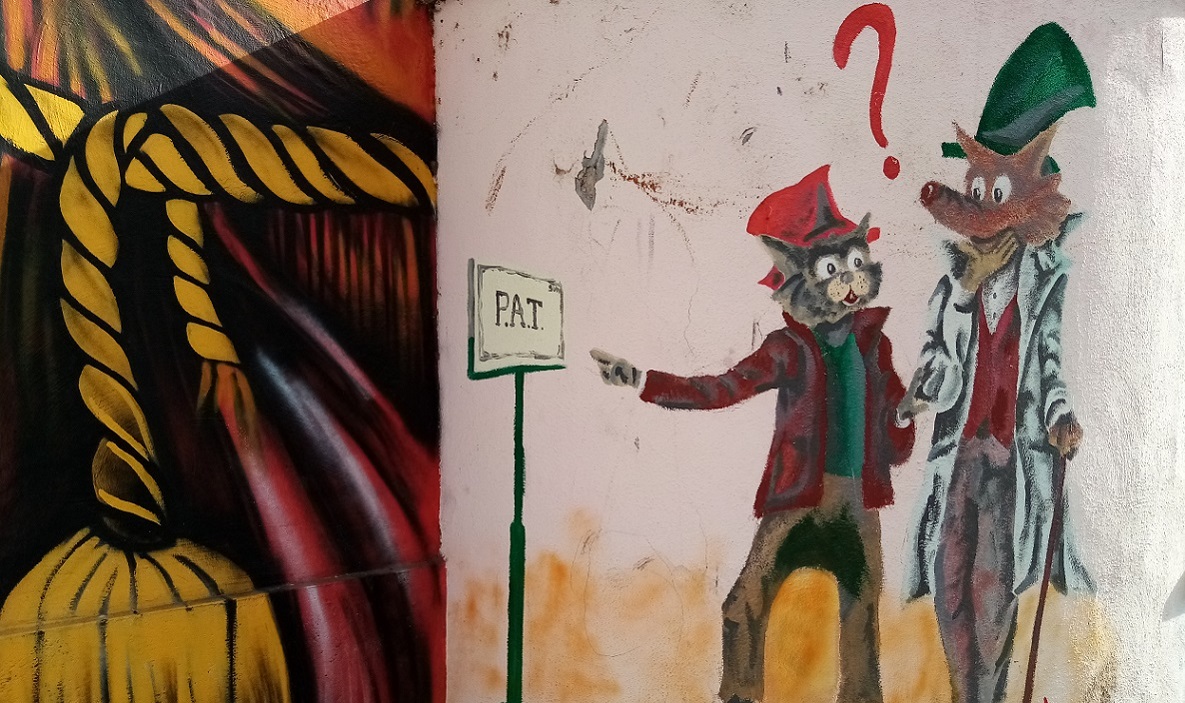Diplomats and people representing institutions tend to avoid the excesses of language, therefore in this kind of context the interpreters tend to use a language that is politically correct. This does not exclude the use of words that carry the meaning of moral disapproval. The way in which this kind of expressions should be conveyed depends on the single occasion and on the speaker’s tone of voice. Indeed, even the interpreter can resort to intonation to convey a certain meaning.
There are interpreters who believe that moderating the tones is the best strategy, because politicians may have a tendency to blame the interpreter when a message they stated sounded too strong. Other interpreters believe that if someone is using vehement tones to vent, they have the right to have their emotions accurately conveyed, because venting the anger in a speech can prevent later violent action.
Various examples and exercises are given in Chapter 9 of the book Interpretation Techniques and Exercises by James Nolan, to understand how to interpret on a case-by-case basis.
Interpreters should be able to adapt their style to the one used by the speaker. To do so, interpreters should look for cues of the subject, the occasion and the audience, so that the speech they deliver can be adjusted in order to suit those three factors. Therefore, an interpreter should not flatten or repress the forms of expression used in the original language. The speaker might even decide to surprise the audience by using a kind of tone and style that is totally unexpected. In that case, the interpreter should adhere to the speaker’s intention in order to produce the same surprise effect in the target language. Indeed, the speaker’s tone is as important as the content, and must not be left out.
Official speeches often pose a dilemma to an interpreter who works from English into a language developed from Latin, for example an English to Italian interpreter working in Rome for the Diplomatic World and International Representations. This is due to the difference between the English language style, that tends to be straightforward and simple even on solemn occasions, and the Italian language style, or more in general Romance language style, which is generally much more formal and complex. And vice versa. For instance, when an Italian to English interpreter in Rome for international institutions delivers a speech, there’s a risk of keeping too close to the source language and sounding ridiculously and excessively Baroque instead of solemn. So, a trained institutional interpreter in Rome should be knowledgeable about the official diplomatic protocols, to be on point at all times when interpreting or translating into English.
As a professional and qualified English-Italian diplomatic interpreter in Rome, I have found Chapter 10 of Interpretation Techniques and Exercises by James Nolan greatly interesting during my training.
Bibliography: Interpretation Techniques and Exercises by James Nolan.
Do you need an interpreter or translator in Rome from English, Spanish, Portuguese or French into Italian? Contact info@speakando.net or call +393336841604.






